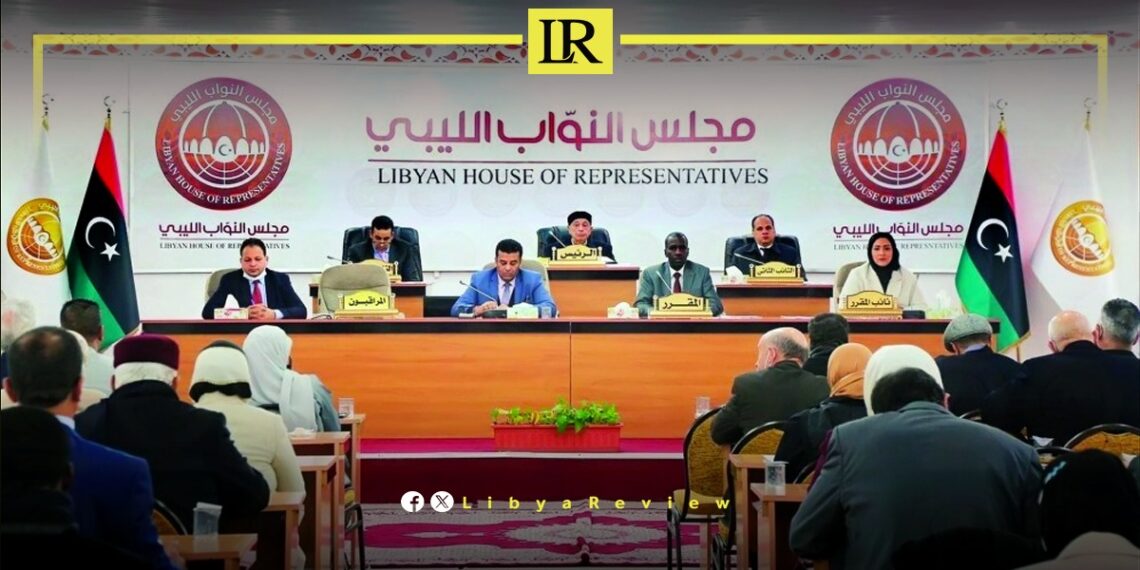On Monday, the head of the Energy and Natural Resources Committee in the Libyan Parliament, Issa Al-Araibi, voiced his full support behind the Libyan government’s decision to declare a state of force majeure on all oil fields and ports.
This measure, seen as critical by the Parliament, comes in response to actions by the Presidential Council and the Government of National Unity (GNU), which the Parliament deems illegal and harmful to the nation’s stability.
Al-Araibi stated that the force majeure declaration is a necessary reaction to the Presidential Council’s recent unilateral decisions, which he believes endanger the country’s security. The House of Representatives has not only endorsed the government’s move but also acted to annul the Presidential Council’s decrees, a stance supported by the judiciary.
He criticised the Presidential Council’s unilateral actions as illegal and perilous, stressing that resolving the current crisis requires a fair distribution of Libya’s oil revenues across its three main regions: Tripolitania, Cyrenaica, and Fezzan.
Libya’s oil sector, the lifeblood of its economy, is now at the center of an intensifying political struggle. The force majeure declaration, which halts oil production due to extraordinary circumstances, underscores the deepening conflict between Libya’s rival factions.
The decision to suspend oil operations, which account for a substantial portion of the nation’s revenue, is a direct response to what the Parliament views as overreach by the Presidential Council and the GNU. This move has sparked significant concern, both domestically and internationally, as it threatens to further destabilize the region.
The Presidential Council’s actions have reignited longstanding regional tensions within Libya. The country’s three historical regions have long contested the distribution of oil wealth, with each region feeling underserved at various times. The latest unilateral decisions by the Presidential Council have exacerbated these tensions, prompting the Parliament to support the force majeure declaration as a protective measure.
As the political crisis in Libya deepens, the suspension of oil production could have far-reaching economic consequences. The impact will likely be felt beyond Libya’s borders, affecting global oil markets and increasing geopolitical risks in the already volatile region. Countries dependent on Libyan oil are expected to monitor the situation closely, as the halt in production adds another layer of complexity to the ongoing political turmoil.


